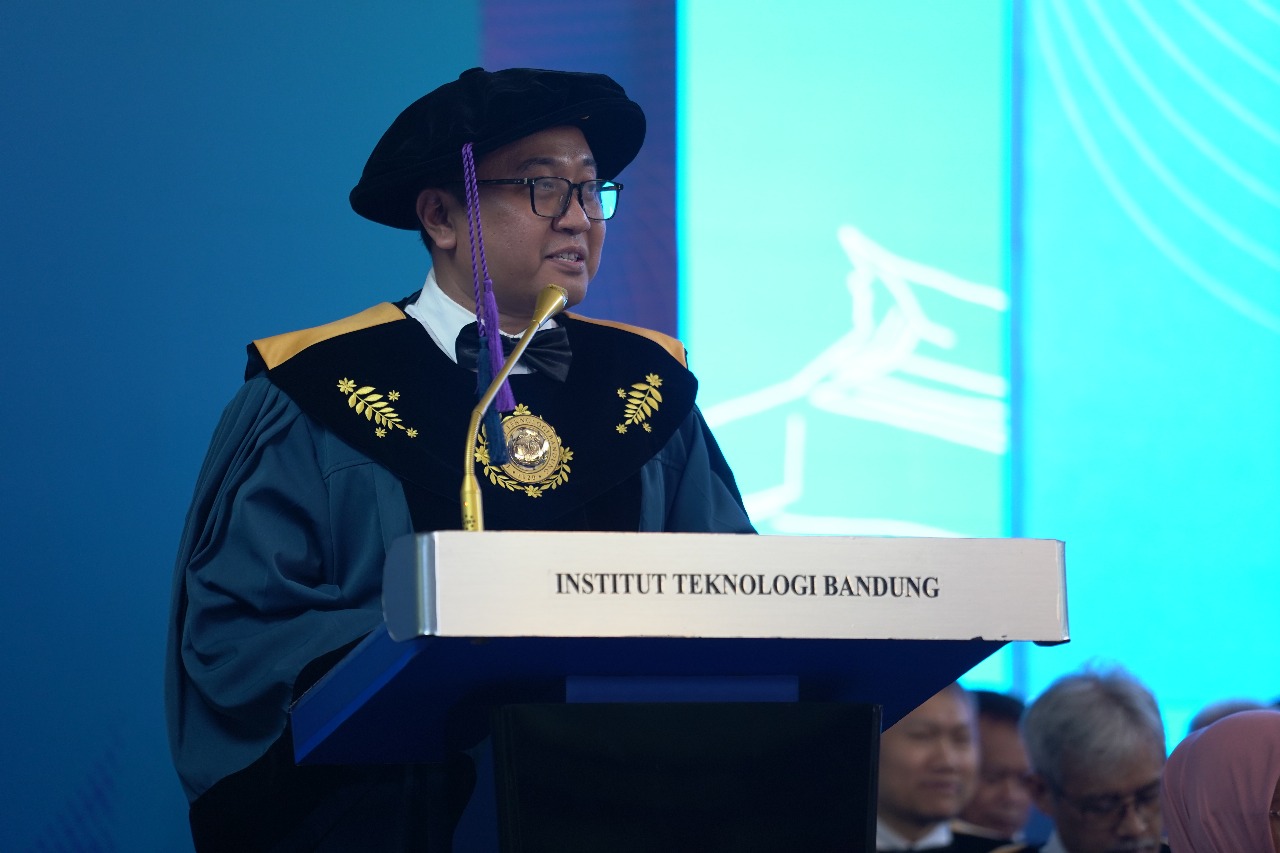KK-PK P2 Develop Planning Study Model Through RPG Simulation
By Bayu Rian Ardiyansyah
Editor Bayu Rian Ardiyansyah
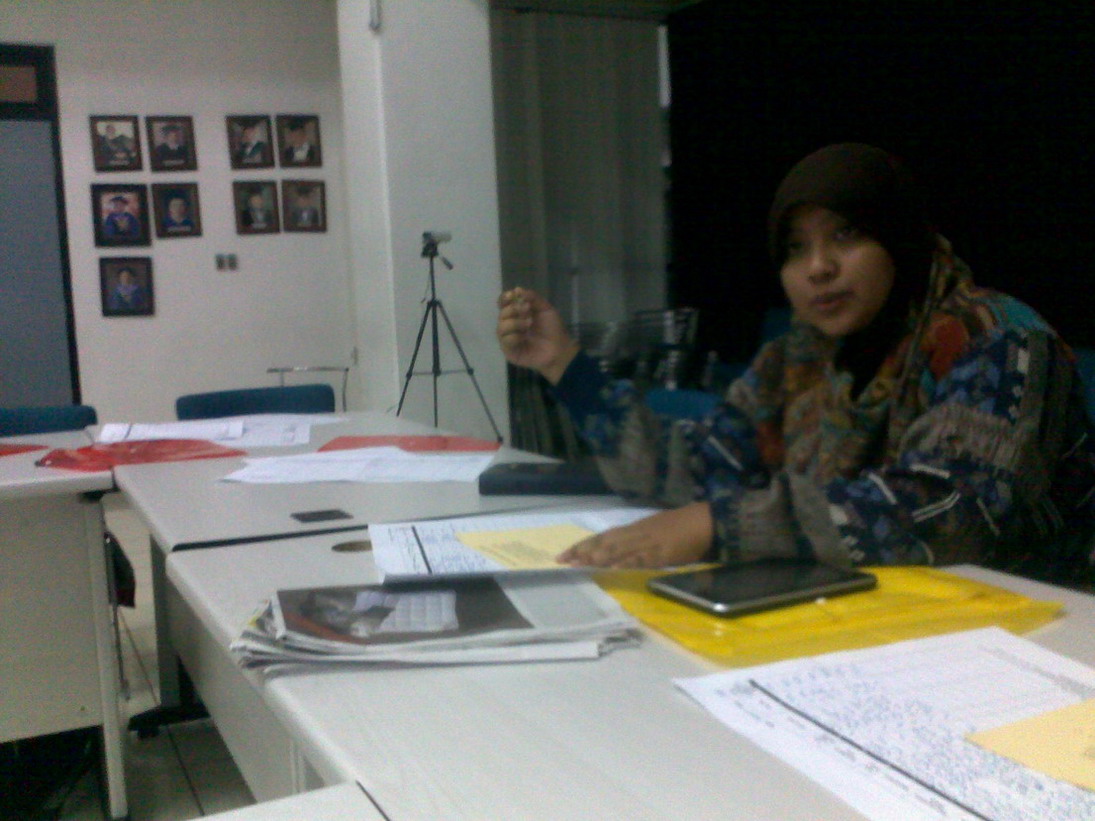
 BANDUNG, itb.ac.id- Welcoming the Law No. 6 of 2014 proposed about the management of the village n Indonesia, Expertise Group Management Policy Development and Planning (P2 KK-PK) from of Urban and Regional Planning SAPPK ITB organizing role playing game (RPG) in the form of simulation annual development community meetings. The expected result of this simulation is the determination of a Development Work Plan (RKP) village for the next year. This simulation was held on Friday (04/07/14) at Seminar Room, ITB followed by as many as ten students from various educational backgrounds.
BANDUNG, itb.ac.id- Welcoming the Law No. 6 of 2014 proposed about the management of the village n Indonesia, Expertise Group Management Policy Development and Planning (P2 KK-PK) from of Urban and Regional Planning SAPPK ITB organizing role playing game (RPG) in the form of simulation annual development community meetings. The expected result of this simulation is the determination of a Development Work Plan (RKP) village for the next year. This simulation was held on Friday (04/07/14) at Seminar Room, ITB followed by as many as ten students from various educational backgrounds.
The new legislation gives greater authority to the village to be developed through the allocation of development funding directly from the Ministry of Finance. Through the new law, born the new institution called a village meeting. These institutions collaborate village three components, namely the Village Head, Village Consultative Representative (BPD), and residents. In a village meeting these three components together rural development plan for the coming year. The agreement in this deliberation to be poured into the RKP.
Given the limited funds, the preparation should also consider RPJMDes RKP (Village Development Plan), available financial resources, and the achievement of the vision of the village concerned. "Through this method, we want to understand the psychology of each plan participant better. And fot the goal, we want to try to incorporate elements of empathy into the learning model of participatory planning future studies, so that we enter a personal interest in every role," Tizar Bijaksana (ITB Planning Alumni 2007) said, implementing this simulation.
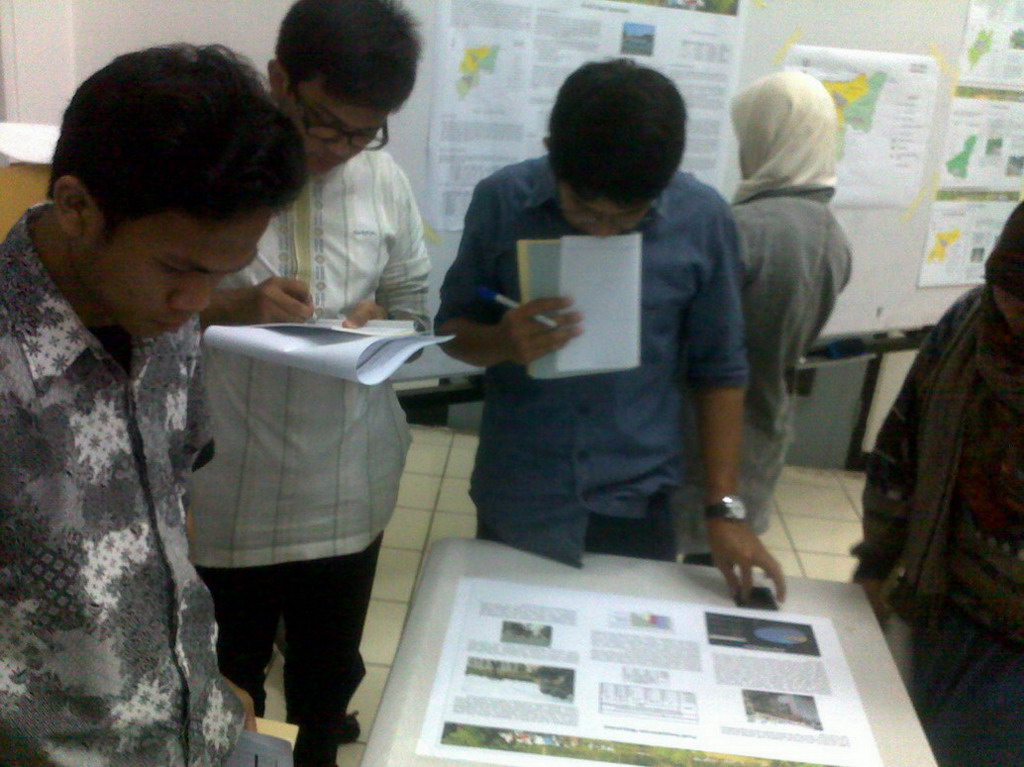 Through methods of RPG, simulation of village meetings are designed to resemble the real situation with all the information about the general picture of the village are taken from the real state of the village. The process of deliberations started to follow the usual process in the village. First, each participant identifies the role, the state of the village, to the funding schemes and RPJMDes that exist in a number of media information that has been provided. Then, each participant began to formulate strategies and proposals that will be submitted in the group process at a later stage. After each participant presented his proposal, start a discussion session to determine the priority of the problem and the solution. Finally, participants who acted as BPD directed to the establishment and validation RKP has been prepared by adjusting the amount of calculation and allocation of existing budgets.
Through methods of RPG, simulation of village meetings are designed to resemble the real situation with all the information about the general picture of the village are taken from the real state of the village. The process of deliberations started to follow the usual process in the village. First, each participant identifies the role, the state of the village, to the funding schemes and RPJMDes that exist in a number of media information that has been provided. Then, each participant began to formulate strategies and proposals that will be submitted in the group process at a later stage. After each participant presented his proposal, start a discussion session to determine the priority of the problem and the solution. Finally, participants who acted as BPD directed to the establishment and validation RKP has been prepared by adjusting the amount of calculation and allocation of existing budgets.
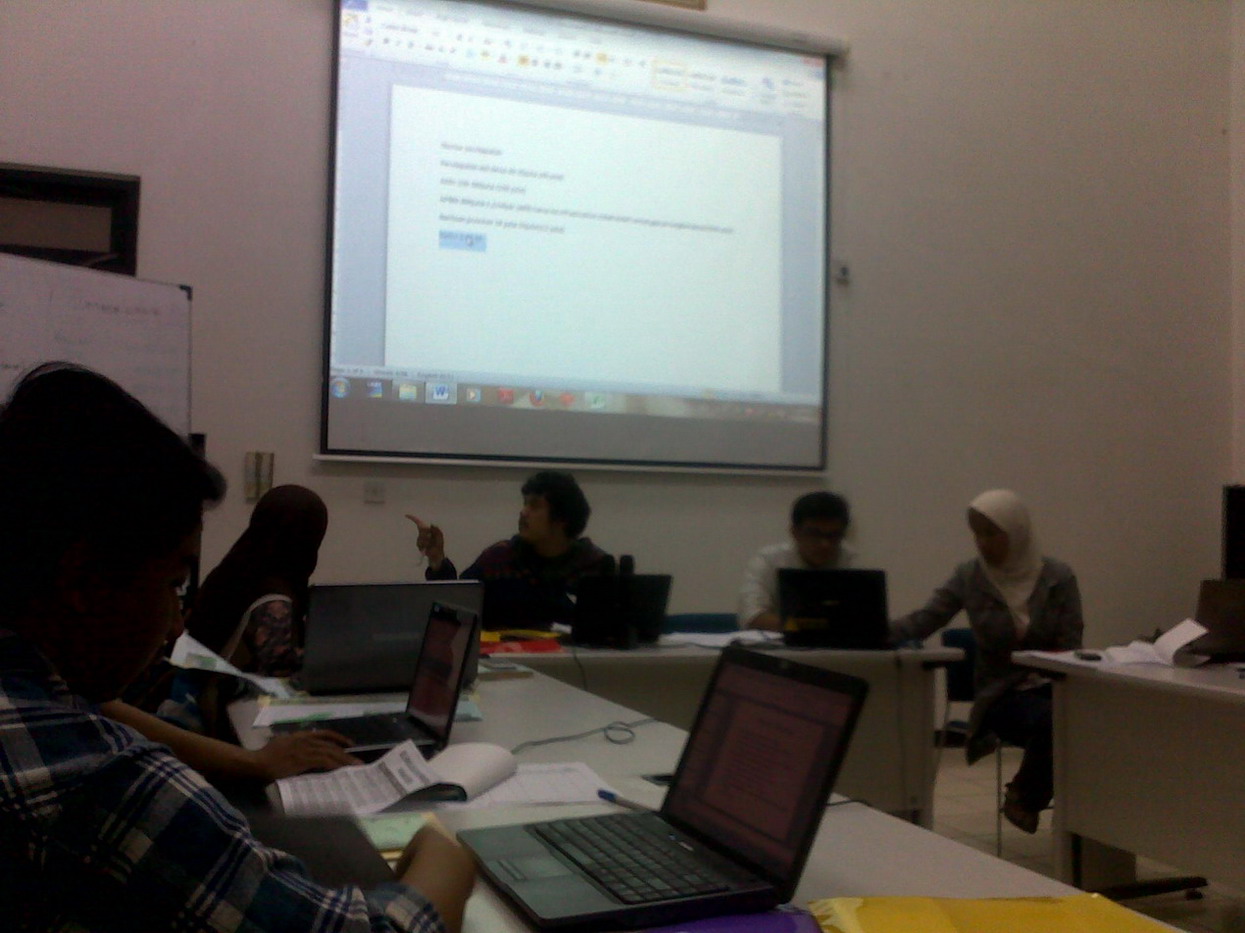 Interestingly, in this simulation, each participant gets the appropriate roles of the three components of existing villages, the village heads, representatives, and representatives of citizen leaders. Each role has a background, character, and personal interests different. Thus, in addition to these deliberations should be able to formulate appropriate vision RKP village, each participant must also achieve their personal use according a given role. That is, in this discussion could arise a conflict between personal interests and the interests of each participant which is often the case in real life. Later, each program that has been agreed will be assessed to determine the achievement of the vision of the village and the best entries
Interestingly, in this simulation, each participant gets the appropriate roles of the three components of existing villages, the village heads, representatives, and representatives of citizen leaders. Each role has a background, character, and personal interests different. Thus, in addition to these deliberations should be able to formulate appropriate vision RKP village, each participant must also achieve their personal use according a given role. That is, in this discussion could arise a conflict between personal interests and the interests of each participant which is often the case in real life. Later, each program that has been agreed will be assessed to determine the achievement of the vision of the village and the best entries


.jpg)
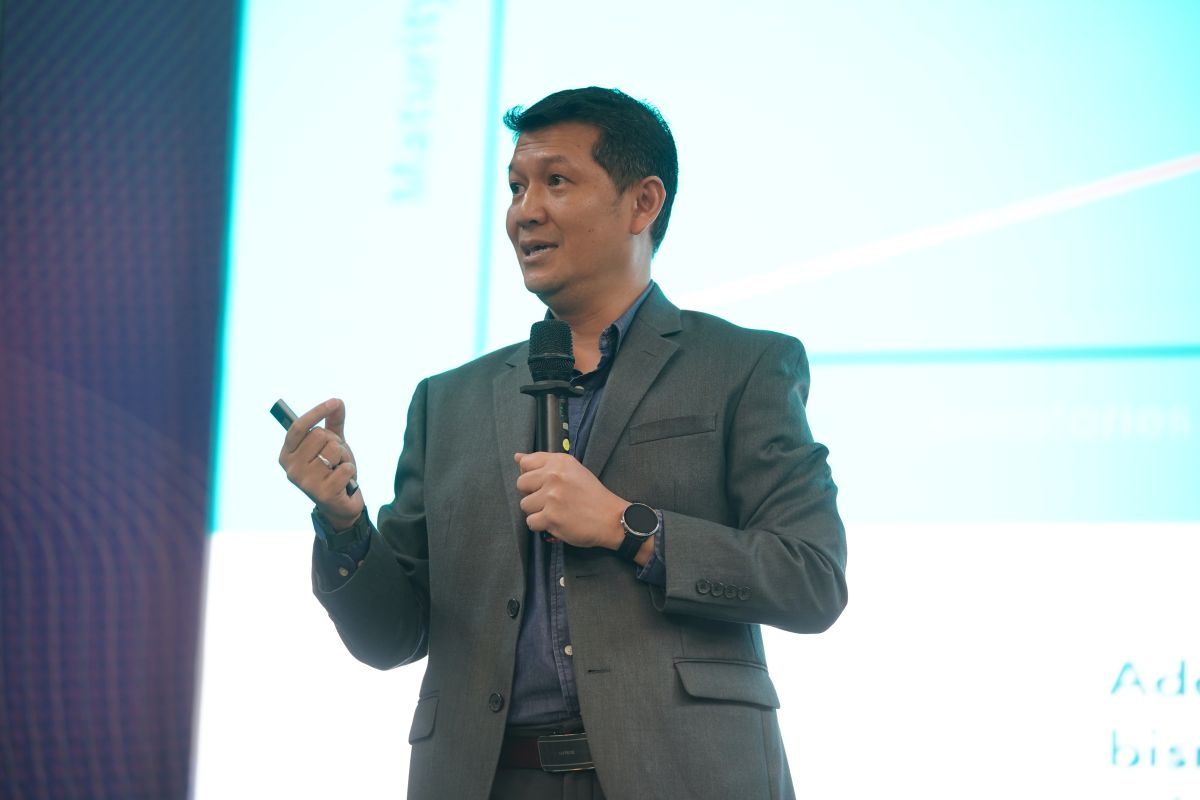
.jpg)
.jpeg)


